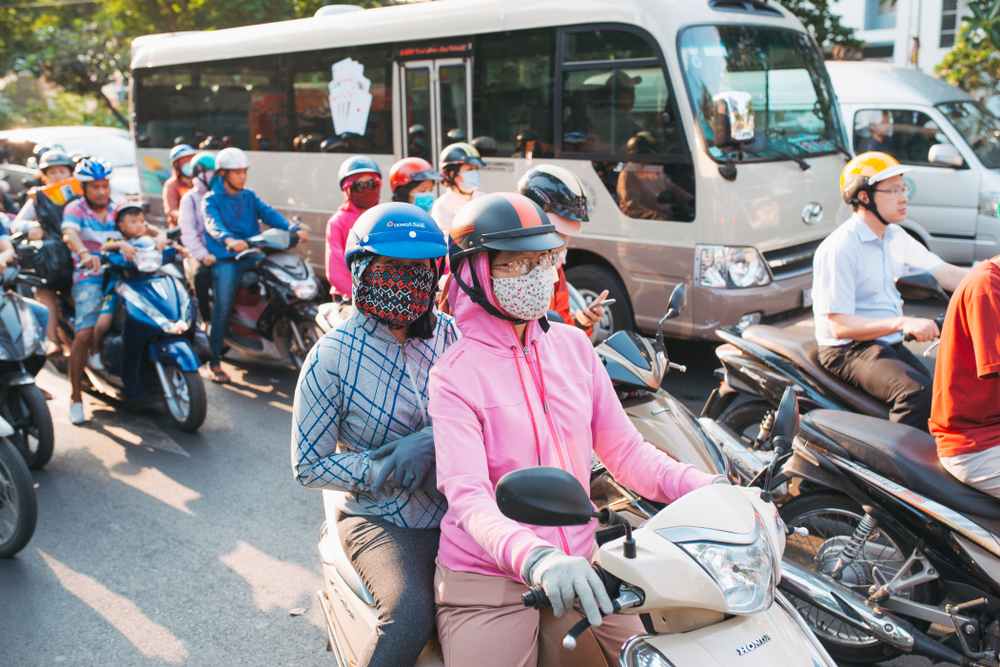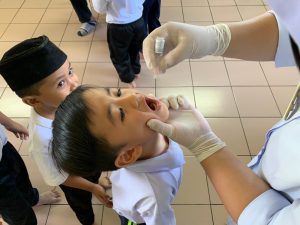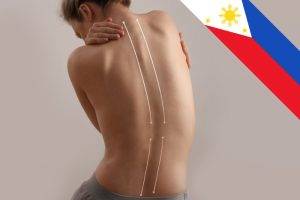Medical Channel Asia presents the weekly Asian Medical news bulletin, bringing you essential healthcare news from across the region. This week’s bulletin will focus on COVID-19 booster shots, exercise and vaping.
Thailand
The Thai Public Health Ministry is devising strategies to combat the shortage of healthcare professionals in state-run medical sectors. It aims to increase the healthcare workforce within three years. The government anticipates a 40% increase in doctors and a 50% increase in nurses by 2026. One approach includes channelling more resources towards rehabilitating the country’s estimated one million drug addicts. Additionally, Tambon Health promotion hospitals could provide more services to rural communities.
Regulatory changes are being considered to upgrade nurses to nurse specialists. Additionally, they intend to offer improved career opportunities and incentivise personnel to stay within the state sector. The government also plans to amplify the Collaborative Project to Increase the Production of Rural Doctors (CPIRD), placing more physicians in remote areas. Concurrently, they are looking to enhance doctors’ distribution systems and training opportunities, particularly for those in residency at state-run hospitals.
Philippines
The Health Secretary of the Philippines, Ted Herbosa, has received support from doctors and a group of hospitals for his proposal to lift the state of public health emergency due to the declining COVID-19 cases. Dr Rontgene Solante, president of the Philippine College of Physicians, and Dr Jose Rene de Grano, president of the Private Hospitals Association of the Philippines, have endorsed this idea. Solante suggested classifying COVID-19 as a long-term illness akin to other infectious diseases and ensuring the continued provision of vaccines and antivirals.
However, both Solante and De Grano emphasized the necessity for continued vigilance and adherence to minimum health protocols. They also insisted on not waiving the unpaid benefits of healthcare workers even after the lifting of the state of a public health emergency. Amidst this, the Food and Drug Administration (FDA) is expected to issue a certificate of production registration for Moderna’s vaccine, making it the second brand of bivalent vaccines available for commercial use in the country.
Malaysia
Health groups in Malaysia are expressing concern over the government’s decision to deregulate vaping, which now allows the unrestricted sale of vape devices and products, including to children. The decision involved removing liquid nicotine products from the Poisons Act. It was motivated by the government’s aim to tax vape-related products. The government is also planning a new law to control the sale, advertising, and promotion of vape. It proposes to prevent anyone currently 16 years or younger from ever buying tobacco or vape products in the future. Despite the initial introduction, the government has postponed further discussions on the new smoking control law. Consequently, this extends the period of unregulated vaping.
Vietnam
Bach Mai Hospital, alongside Medical Excellence Japan and the Economic Research Institute for ASEAN and East Asia, recently held the 2nd Vietnam-Japan conference focused on preventing and controlling non-communicable diseases (NCDs). The conference hosted prominent medical experts from Japan and Vietnam. It involved discussions about the current state of NCDs, the challenges they pose, and potential control strategies. In Vietnam, NCDs account for about 80% of deaths, with 41% of these deaths occurring before the age of 70. The main causes include cardiovascular disease, cancers, chronic obstructive pulmonary disease, and diabetes. Factors contributing to the high incidence of NCDs include smoking, alcohol consumption, poor diet, excessive salt intake, and lack of physical activity.
Singapore
Sport participation and regular exercise in Singapore reached an all-time high in 2022, according to an annual survey by Sport Singapore (SportSG). Seventy-four per cent of respondents reported exercising or participating in sports at least once a week. This is up from 72% in 2021 and 69% in 2020. Walking, jogging, callisthenics, cycling, and swimming were the top activities. SportSG CEO Alan Goh attributed the increase in part to the COVID-19 pandemic, as people had more time at home to engage in sports. However, as life transitions back to normal post-pandemic, maintaining these levels of participation will be a challenge. Insights from the survey will help authorities shape future sporting programs and initiatives.
Indonesia
Following the lifting of the COVID-19 emergency status in Indonesia, the government is urging the public to continue being vigilant against the virus and to get booster shots. The government emphasized that the virus remains a risk, and emergency status could be reinstated depending on national and global health situations. As of last Thursday, 74% of Indonesia’s population had received two primary doses of the COVID-19 vaccine, but only 38% and 1.84% have received their first and second booster shots respectively. Despite this, a serosurvey indicated that around 99% of Indonesians have developed antibodies against COVID-19 through vaccination and past infections.














